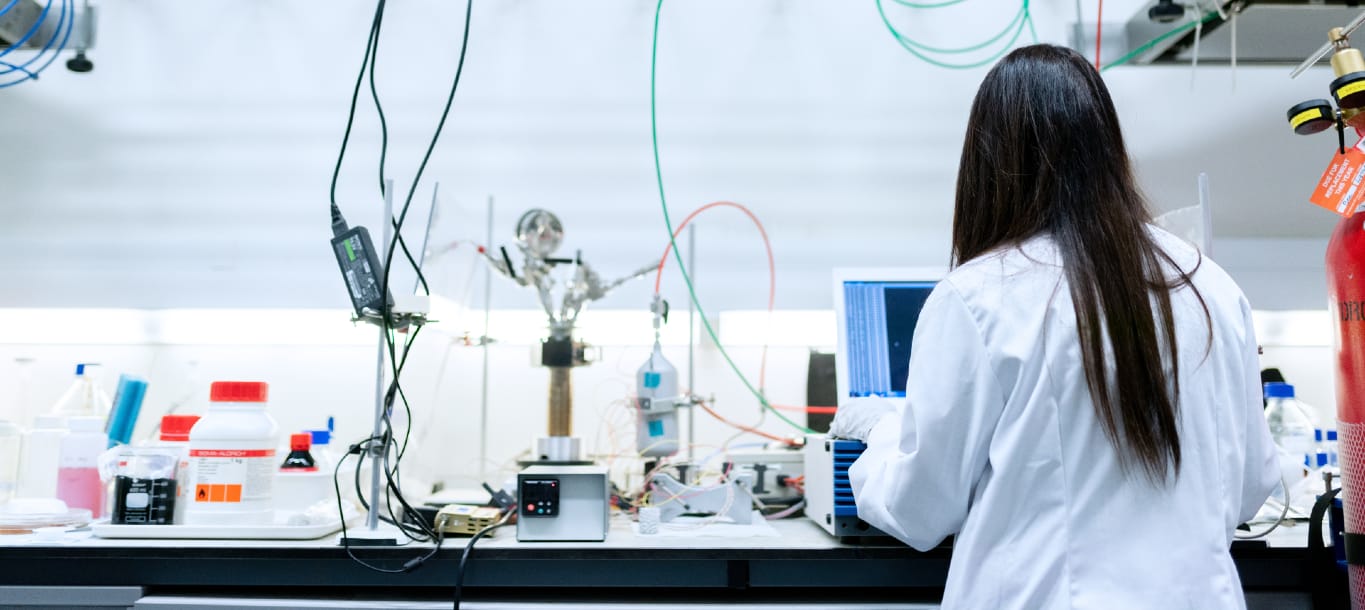What is a physicist?
As a physicist, you’ll study the Earth and the universe. You’ll observe natural phenomena, trying to understand how the universe works. This will allow you to predict how phenomena might work in different situations, resulting in the design of new technologies. For example, the development of different ways to produce energy (solar, wind power) would not have been possible without the research of physicists. Developments in robotics and electronics also rely on the work of physicists.
What sort of specialities are available?
Physicists tend to specialise in a certain area. For example, particle physicists develop theories and experiments behind the discovery of new particles. Meanwhile, medical physicists design and develop equipment to diagnose and treat patients. There are also a number of opportunities available within academia, as a lecturer at university. No matter which speciality you choose, you can be sure to contribute to the development of groundbreaking technology.
What are the typical responsibilities of a physicist?
Responsibilities vary depending on what field you decide to specialise in. However, general responsibilities include: conducting research, designing, observing and analysing experiments, developing more efficient technologies (cheaper, more environmentally friendly), using specialist software and presenting your findings at conferences. As you progress in the field, you’ll receive greater responsibility.
What skills do I need to be a successful physicist?
To become a physicist, you’ll need: strong written and verbal communication skills, a curiosity about the world, to be good at maths, problem solving skills, attention to detail and the ability to use technology with ease. These skills will help you to conduct experiments successfully, and to get past setbacks in your research.
Where do physicists work?
Jobs for physicists are available in a range of places. Meteorology, manufacturing, constructing, healthcare and IT are just some of the fields which employ physicists. In addition to this, there are also opportunities in the NHS, local and national governments, and university departments. There are opportunities available across the UK.
How do I qualify as a physicist?
To become a physicist, you’ll need a qualification in physics or a subject related to mathematics. However, to secure a research position, you’ll need a MSc or PhD in your chosen speciality. There’s also the opportunity to complete a level 7 research scientist degree apprenticeship. This typically takes two and a half years to complete, and will allow you to gain a no-cost master's while gaining paid work experience. Amazing apprenticeships offers a number of resources for those thinking about apprenticeships here.
If you're interested in the university route, don't let the cost of completing an MSc or PhD put you off. Many students are eligible for a Postgraduate and Doctoral loan. You can use the loan for your course fees, living costs or both, and you won’t need to pay it back until you’re employed and earning over the threshold. Several universities and independent organisations also offer grants for high-achieving students, or students from low income households. Receiving a grant means you don’t need to pay back the money you receive!
